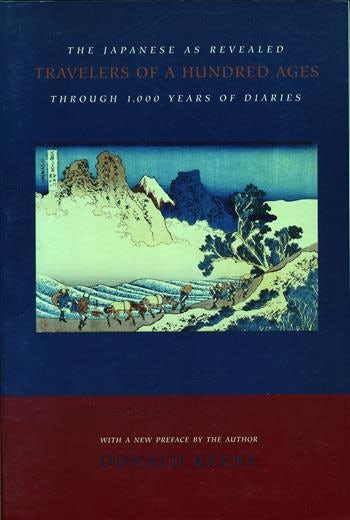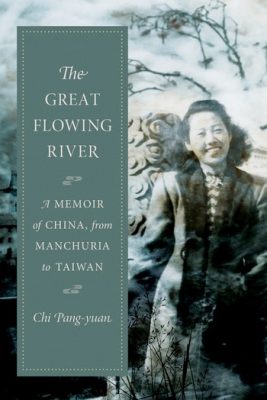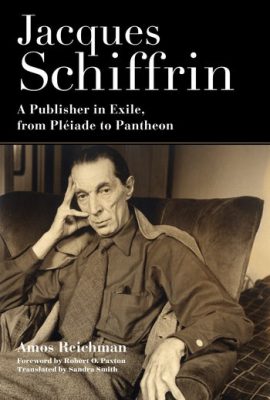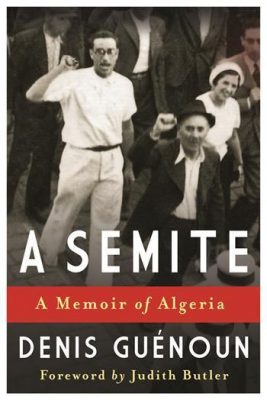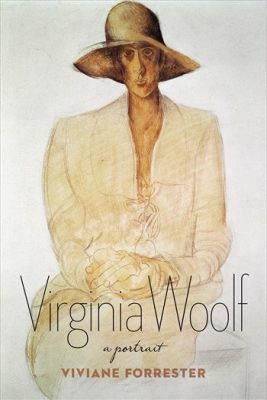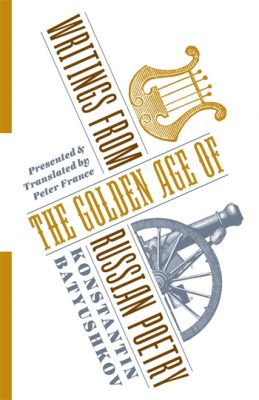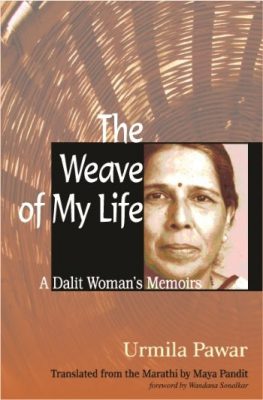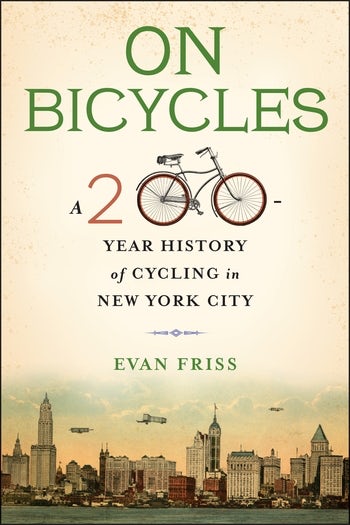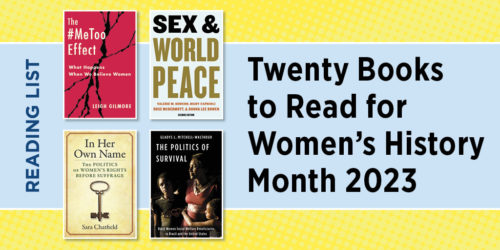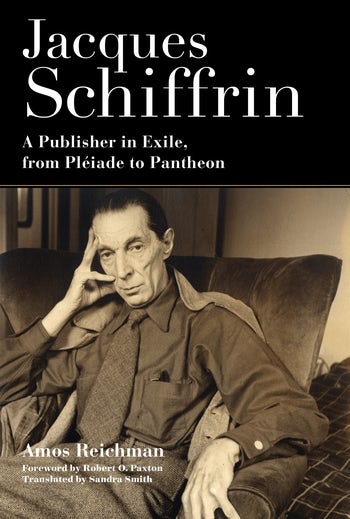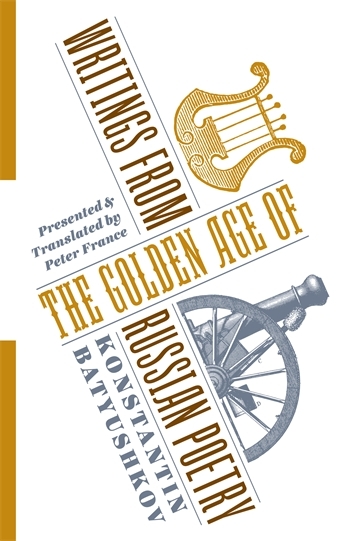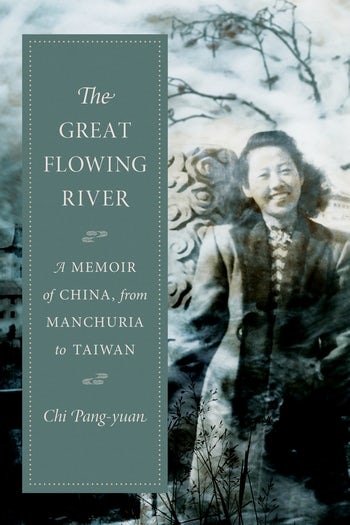Reading List: Memoirs and Biographies in Translation
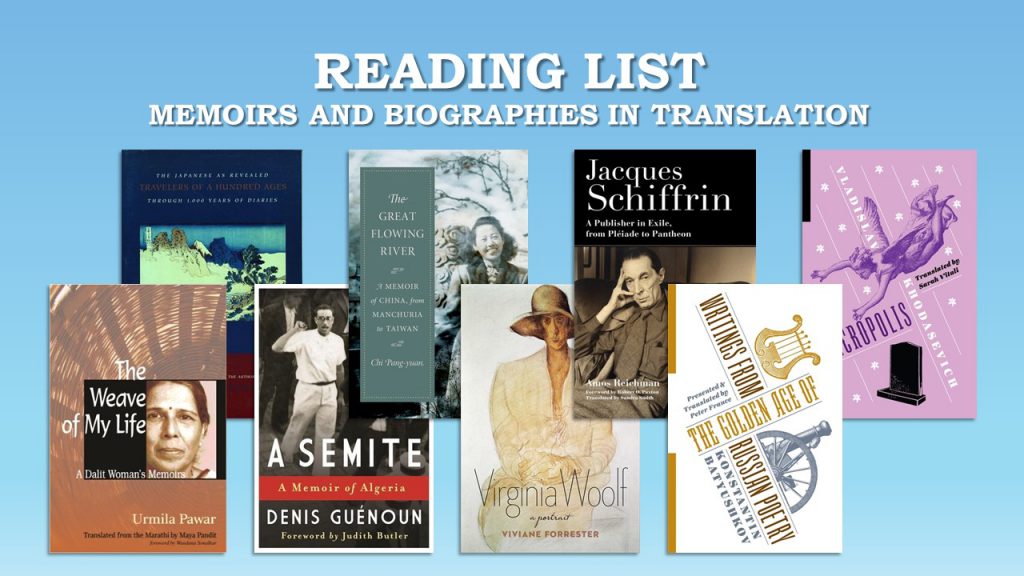
Memoirs, biographies and diaries allow readers intimate insight into what life is like for people that are hundreds of miles away or lived hundreds of years ago. These select books offer a glimpse into the complex lives of writers, political activists, and common people from a wide range of backgrounds.
• • • • • •
1. Travelers of a Hundred Ages
Renowned translator Donald Keene translates Japanese diary entries from ranging from the objective to the confessional in Travelers of a Hundred Ages. This collection offers an unparalleled glimpse into the lives of diverse writers from the Kamakura dynastic period to the Tokugawa period. Illuminating the hidden and largely unknown worlds of imperial courts, Buddhist monasteries, country inns, and merchants’ houses, this book is an intimate account of the diarists’ lives and a testimony to the struggles and advances of Japanese culture.
Read translator Sarah Vitali describe her experience in translating and analysis of the memoir.
2. Necropolis
Necropolis is an unconventional literary memoir by Vladislav Khodasevich, hailed as “the greatest Russian poet of our time”. The book, translated by Sarah Vitali, tells the story of Khodasevich’s life, but also serves a literary graveyard in which an entire movement, Russian Symbolism, is buried. Khodasevich testifies to the seductive and often devastating power of the Symbolist attempt to turn one’s life into a work of art and, ultimately, how one man was left with the task of memorializing his fellow artists after their deaths. This compelling work brings a new and more intimate light to the Russian literary scene.
3. The Great Flowing River
The Great Flowing River begins as a coming-of-age story set against the backdrop of China’s war with Japan. Chi depicts her childhood in pre-occupation Manchuria and gives an eyewitness account of life in China during the war with Japan. She tells the tale of her youthful romance that ends tragically when he is shot down in the last days of the war. The book describes the deepening political divide in China and her choice to take a job in Taiwan, where she would remain after the Communist victory. Chi details her growth as an educator, scholar, and promoter of Chinese literature in translation and her realization that despite her roots in China, she has found a home in Taiwan, giving an immersive account of the postwar history of Taiwan from a mainlander’s perspective. A novelistic, epoch-defining narrative, The Great Flowing River unites the personal and intimate with the grand sweep of history.
4. Jacques Schiffrin
Jacques Schiffrin changed the face of publishing in the twentieth century. As the founder of Les Éditions de la Pléiade in Paris and cofounder of Pantheon Books in New York, he helped define a lasting canon of Western literature while also promoting new authors who shaped transatlantic intellectual life. In this first biography of Schiffrin as translated by Sandra Smith, Amos Reichman tells the poignant story of a remarkable publisher and his dramatic travails across two continents. From the vantage point of his extraordinary career, Jacques Schiffrin sheds new light on French and American literary culture, European exiles in the United States, and the transatlantic ties that transformed the world of publishing.
For further reading, take a look at Sōseki’s novel, Light and Dark, or this biography about Sōseki.
5. A Semite
In this vivid memoir, Denis Guénoun excavates his family’s past and progressively fills out a portrait of an imposing, enigmatic father. René Guénoun was a teacher and a pioneer, and his secret support for Algerian independence was just one of the many things he did not discuss with his teenaged son. To be Algerian, pro-independence, a French citizen, a Jew, and a Communist were not, to René’s mind, dissonant allegiances. He believed Jews and Arabs were bound by an authentic fraternity and could only realize a free future together. Gracefully weaving together youthful memories with research into his father’s life and times, Denis Guénoun re-creates an Algerian past in A Semite that proved lovely, intellectually provocative, and dangerous.
6. Virginia Woolf
This biography sheds new light on Virginia Woolf’s relationships with her family and friends and how they shaped her work, an essential read for fans of the modernist writer. Virginia Woolf: A Portrait blends recently unearthed documents, key primary sources, and personal interviews with Woolf’s relatives and other acquaintances to render in unmatched detail the author’s complicated relationship with her husband, Leonard; her father, Leslie Stephen; and her half-sister, Vanessa Bell. Forrester connects these figures to Woolf’s mental breakdown while introducing the concept of “Virginia seule,” or Virginia alone: an uncommon paragon of female strength and conviction. Forrester’s biography inhabits her characters and vivifies their perspective, weaving a colorful, intense drama that forces readers to rethink their understanding of Woolf, her writing, and her world.
7. Writings from the Golden Age of Russian Poetry
Konstantin Batyushkov, renowned as one of the great poets of the Golden Age of Russian literature in the early nineteenth century, is brought to a new light with Peter France’s Writings from the Golden Age of Russian Poetry. France interweaves Batyushkov’s life and writings, presenting masterful new translations of his work with the compelling story of Batyushkov’s career as a soldier, diplomat, and poet and his tragic decline into mental illness at the age of thirty-four. Batyushkov’s writing reflects the transition from the urbane sociability of the Enlightenment to the rebellious sensibility of Pushkin and Lermontov, and spans urban changes marked in his literature.
8. The Weave of My Life
Activist and award-winning writer Urmila Pawar recounts three generations of Dalit women who struggled to overcome the burden of their caste. Forbidden from performing anything but the most undesirable and unsanitary duties, for years Dalits were believed to be racially inferior and polluted by nature and were therefore forced to live in isolated communities. Through these memoirs, translated from Marathi by Maya Pandit, Pawar not only shares her tireless effort to surmount hideous personal tragedy but also conveys the excitement of an awakening consciousness during a time of profound political and social change.
Categories:National Translation MonthReading ListTranslation
Tags:A SemiteAmos ReichmanChi Pang-yuanDenis GuénounDonald KeeneJacques SchiffrinKonstantin BatyushkovNecropolisSarah VitaliThe Great Flowing RiverThe Weave of My LifeTravelers of a Hundred AgesUrmila PawarVirginia WoolfViviane ForresterWritings from the Golden Age of Russian Poetry

